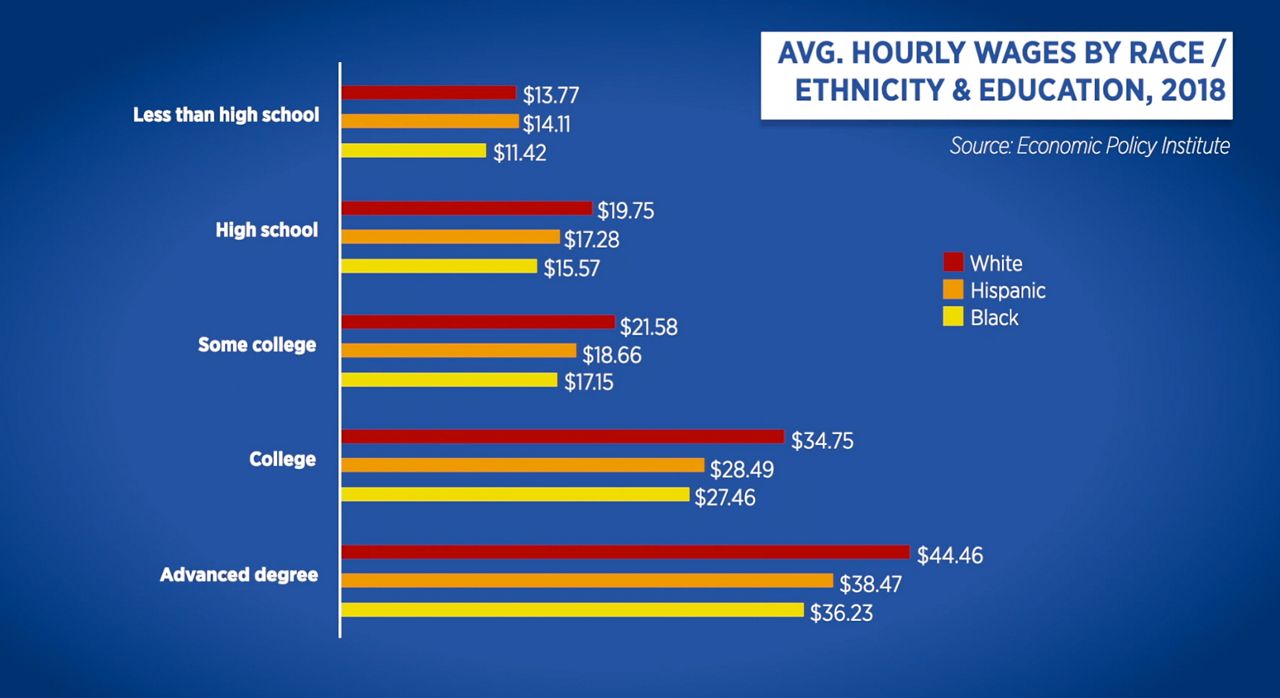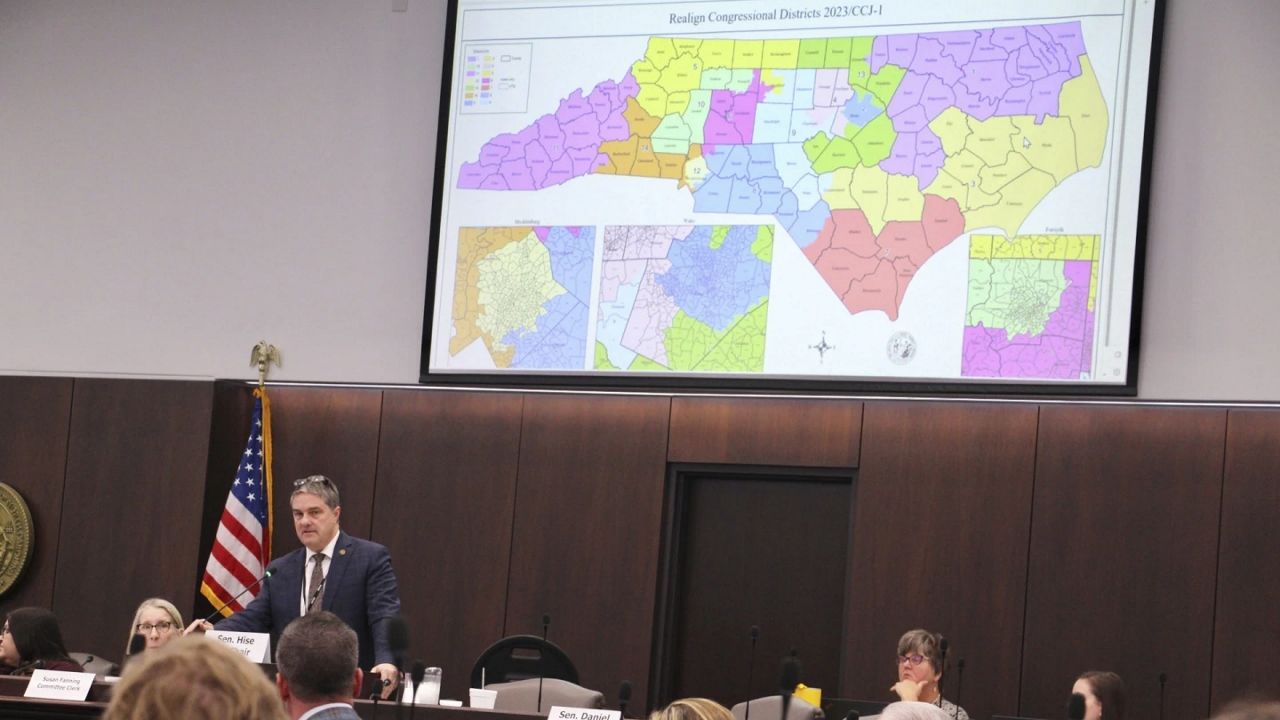WASHINGTON, D.C. – Black workers in the United States routinely make less per hour than their peers, but one analyst says Congress has done very little in recent memory to address this wage disparity.
Data compiled by the Economic Policy Institute (EPI) shows that white workers on average routinely bring home a higher hourly wage than their Black and Hispanic counterparts.
The pattern holds for most education levels, including those with a college degree. White workers in that group outpace Black workers by more than $7 per hour on average.
“The wage gap has actually grown over the last couple decades,” said Valerie Wilson, the director of the Program on Race, Ethnicity, and the Economy at EPI.
“Currently the median black worker earns about 76 cents for every dollar earned by the median white worker on an hourly basis,” she said. "When we consider race and gender together, that gap is even more glaring. Black women on average earn only about 64 cents for every dollar earned by the average white man."

So, how can this disparity be addressed? Wilson says on that front, Congress has done very little.
There are long-standing laws on the books like the Equal Pay Act and the Civil Rights Act aimed at combating inequality in the workplace. However, Wilson says, there are hurdles to proving discrimination, including limited transparency about how coworkers are treated.
“There’s really a lack of information available to employees who are required to prove a case of discrimination,” she said, noting that the high cost of pursuing legal action and fear of retaliation could also dissuade a worker from taking action to try to rectify a disparity.
In recent years, the push to raise the minimum wage has grabbed national headlines.
More than 20 states kicked off 2020 with a boost to the minimum wage, according to the National Conference of State Legislators. North Carolina’s was not among them.
The Tar Heel State has not changed its minimum wage in more than a decade. The rate in North Carolina remains the same as the federal minimum wage: $7.25 per hour.
In 2019 in North Carolina, Democratic state leaders filed several bills to boost the minimum wage, without success.
MaryBe McMillan, the president of the North Carolina State AFL-CIO, argues raising the minimum wage is one potential avenue to shrink the pay gap.
“Because we see so many workers of color in minimum wage jobs, it would go a long way to help eliminate some of the racial disparities,” she said.
At the federal level, the U.S. House approved a bill last year < https://www.congress.gov/bill/116th-congress/house-bill/582/text > raising the wage gradually to $15 per hour, but it is going nowhere in the GOP-controlled Senate, where Republican leaders argue it will kill jobs and hurt working families.
Beyond wages, McMillan says there are other ways leaders could help low-income workers, including one highlighted by the ongoing COVID-19 crisis, when many of the essential frontline workers happen to also be low-wage earners.
That idea: ensuring workers have access to paid sick leave.








